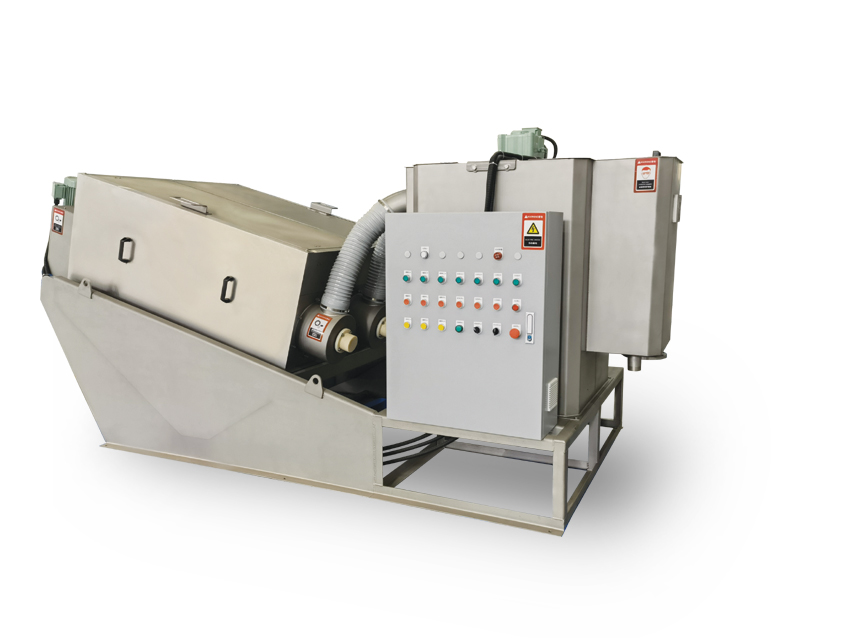What are biosolids?
Biosolids are the concentrated, stabilised solids product generated from the treatment of sewage sludge.
During wastewater treatment, the liquids are separated from the solids. Those solids are then treated physically and chemically to produce a semisolid, nutrient-rich product known as ‘biosolids’.
The terms ‘biosolids’ and ‘sewage sludge’ are often used interchangeably. However, biosolids are usually considered to be the useful fraction of the sewage sludge. They are generally higher in solids concentration and lower in pathogen content, having passed though a stabilisation process such as drying, chemical dosing or digestion.
The biosolids may therefore refer to:
i. the cake product from a dewatering operation
ii. dried sludge from a thermal dryer
iii. the digestate stream from anaerobic digestion.

Biosolid classes
There are different classes, categories or qualities of biosolids. These are defined and determined by legislation, and are linked to the end use or disposal of the biosolids and specifically to their use in applying to land. In most countries, biosolids for different types of land applications must meet different criteria in terms of their most onerous constituents, these most widely being considered as the pathogens and metals.
